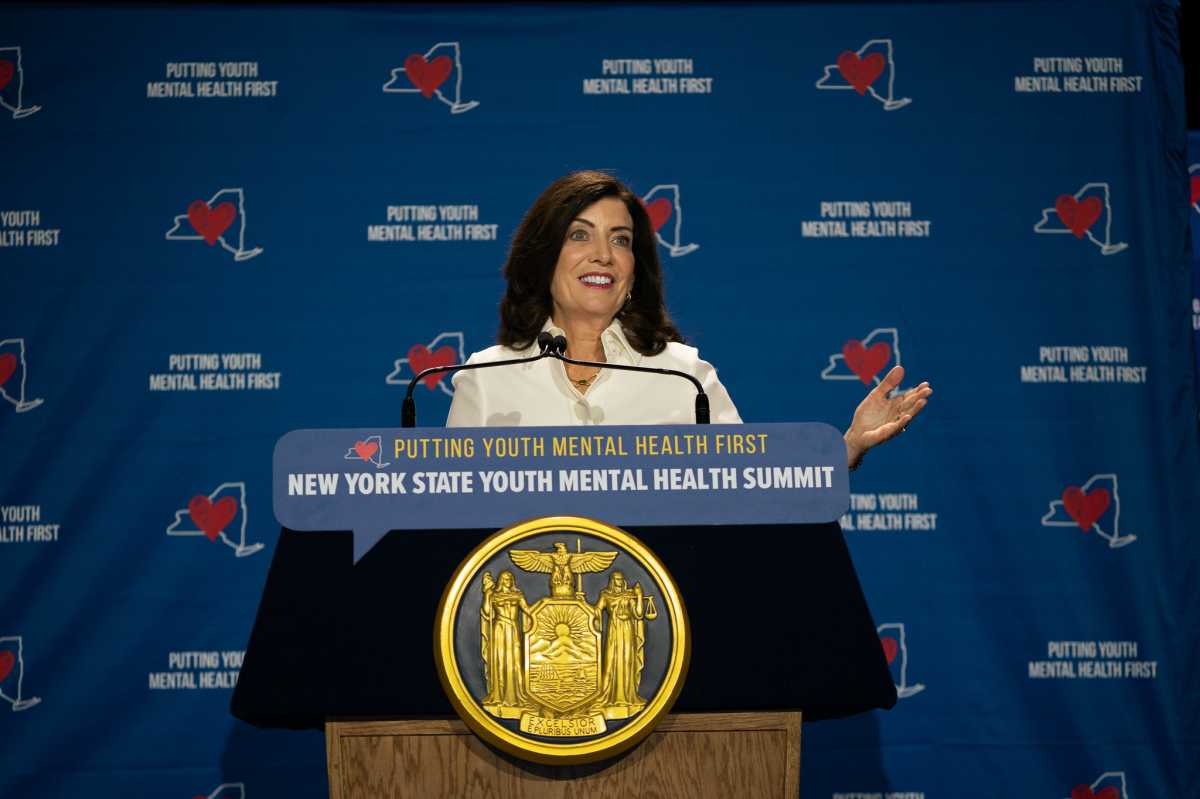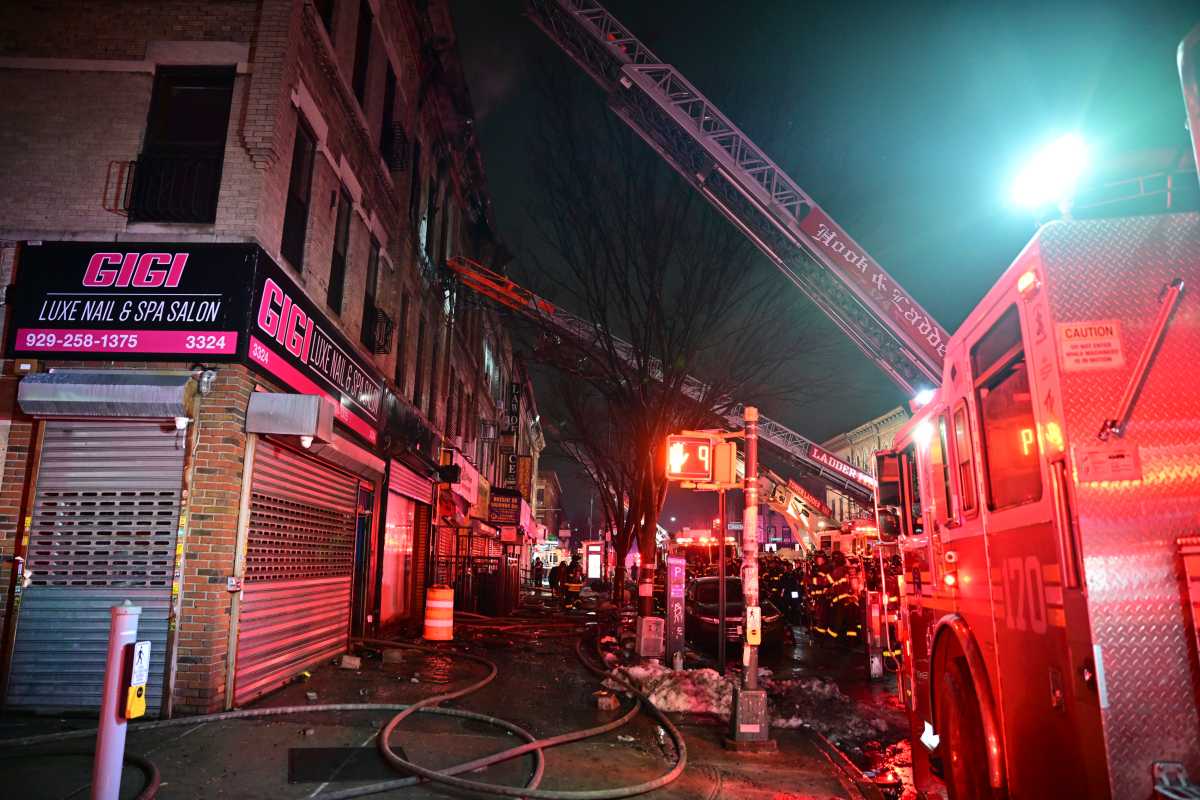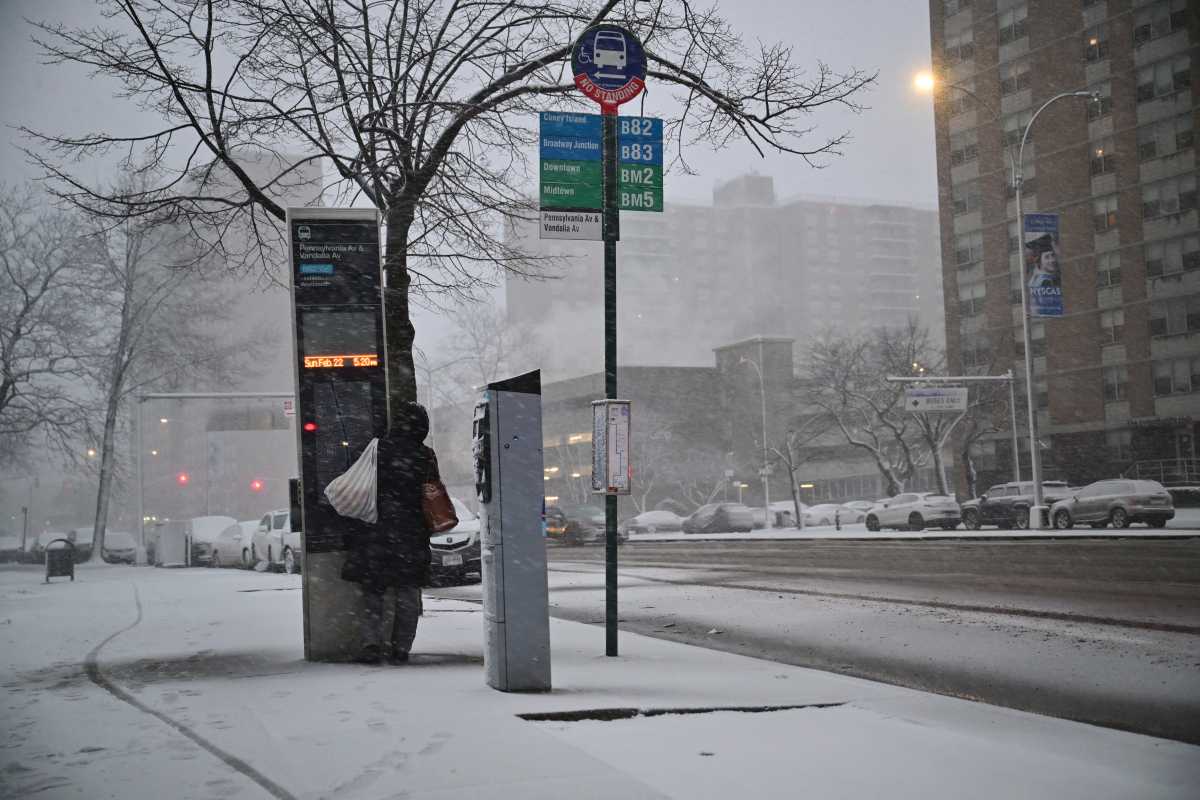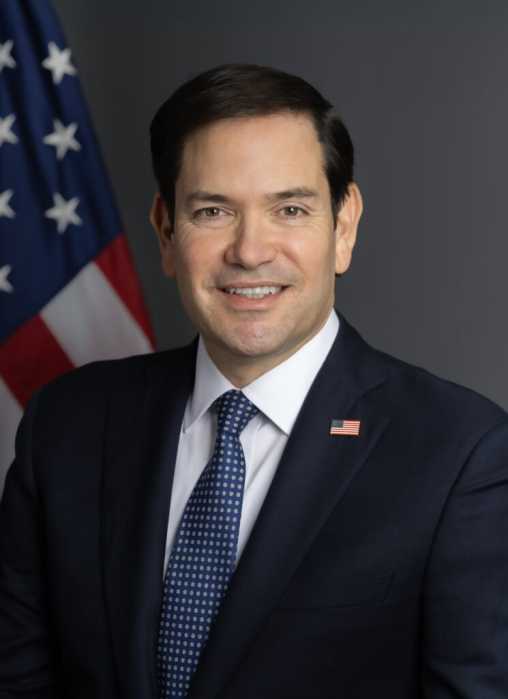Language matters, especially when it comes to how people experiencing a mental health crisis are described and treated.
After years of advocacy from the mental health community and its allies, Gov. Kathy Hochul on Sept. 26 retired the term “emotionally disturbed person,” or EDP — long considered disparaging — and signed legislation requiring all state and city agencies, including law enforcement, hospitals, fire departments and correctional facilities, to replace the term with person-first language: “person experiencing an emotional crisis” (PEC/PEEC). The 911 system will also have to adopt the new term.
A coalition of mental health peers — individuals with personal experience of mental health conditions or substance use disorder who use that experience to help others in recovery — and mental health care advocates have long argued that the acronym EDP stigmatizes people experiencing a mental health crisis.
Christina Sparrock, founder of the New York City Mental Health Collective and chair of the Mental Health Committee within Brooklyn Borough President Antonio Reynoso’s Maternal Health Task Force, has pushed for a language change for more than a decade. She has advocated for recovery-oriented language that promotes dignity, respect and humanity.
Sparrock, who is also a peer, was thrilled to see that the legislation, introduced by state Sen. Samra Brouk and Assembly Member Monique Chandler-Waterman, replacing the term EDP with compassionate, person-first language, was finally signed into law.
“For too long, [the term] ‘EDP’ has contributed to the stigma and dehumanization of people with mental health conditions, and individuals are often judged by the labels society assigns them, leading to more trauma,” Sparrock told Brooklyn Paper. “This shift to humane language is a step toward equity, and I’m excited to see the work I’ve fought so hard for finally come to fruition. Language matters — now, let’s make this a national movement!”

Sheina Banatte, managing director of Advocacy Justice for the Eudes Pierre Coalition, is the cousin of Eudes Pierre, who was diagnosed with schizophrenia and bipolar disorder. Pierre was shot 10 times and killed by NYPD officers on Dec. 20, 2021, while the 26-year-old Crown Heights resident and CUNY College of Staten Island student was experiencing a mental health crisis.
Banatte told Brooklyn Paper that the first time she heard the term EDP was when she watched footage from the police officer’s body-worn camera that recorded the encounter between her cousin and the NYPD.
“Officers knew Eudes Pierre was in an apparent mental health crisis, but they reduced him to that experience. His humanity was disregarded. Eudes was not seen as a person first nor given dignity,” Banatte said.
Banatte said the new law will encourage person-first language at a time when the mental health community and its allies are advocating to remove police as first responders to mental health crisis calls.
“Hopefully, this will reduce the stigma, reduce the shame, and provide more compassion,” she said.
Ruth Lowenkron, director of the Disability Justice Program at New York Lawyers for the Public Interest, helped craft the language for the legislation. Lowenkron said language is critical when addressing individuals experiencing a mental health crisis.
“I think what’s hugely offensive is when it becomes abbreviated as EDP. Now we’ve reduced you to three letters as to who you are,” Lowenkron said. “I really think the language we use is critical. It informs our thinking, and getting the right term can inform the thinking of the police — if they have a better term, that will help determine how they act.”
James Mutton, associate executive director of NYC Operations for Concern Housing, a nonprofit agency that provides housing and support services for the city’s most vulnerable residents, said mental health remains “the final taboo,” still fraught with stigma.
“We have to be able to have a system that’s compassionate, that’s responsive, and that has the ability to pivot with that right language in mind,” Mutton said.
Changing terminology, however, is only one part of addressing mental health crisis calls in New York.
A coalition of civil rights and mental health organizations is pushing for the passage of Daniel’s Law, named after Daniel Prude, who died in March 2020 in Rochester, New York, after being restrained by police while experiencing a mental health crisis. Prude died of asphyxiation after officers placed a hood over his head and pinned him to the ground.
If passed, the law would ensure that mental health crises are treated as a public health issue rather than a public safety threat, and it would remove police as first responders to such emergencies.
Instead, first responders would include mental health peers, mental health professionals and emergency medical technicians trained to provide trauma-informed and culturally competent care. Daniel’s Law would also create a statewide council of mental health experts to develop de-escalation training, establish rules and provide resources for mental health emergencies. Those efforts would be integrated into the 988 crisis line and other emergency dispatch services.
Lowenkron pointed out that peer-led and EMT response programs such as Crisis Assistance Helping Out On The Streets (CAHOOTS) in Oregon have had a strong track record, noting that in the 35 years CAHOOTS has operated, there have been zero fatalities. By contrast, in New York City alone, 21 people experiencing a mental health crisis have been killed in the past nine years.
“That’s just such a stark statistic that it’s hugely influential to us,” Lowenkron said.
Sparrock, who serves on the New York State Office of Mental Health’s Daniel’s Law task force, said the legislation represents a crucial step toward smarter and more compassionate policies for handling mental health and substance use crises.
“By creating a 24/7 crisis response team that includes peers with lived experience trained in trauma-informed, culturally responsive and person-centered care, we focus on effective support instead of criminalization,” Sparrock said. “These are public health issues, and our systems must reflect that by connecting individuals in crisis with the care they need instead of the justice system.”
A spokesperson for Hochul said in a statement that words matter and that replacing EDP with PEC/PEEC would help reduce the stigma surrounding mental health while focusing on getting people the care they need.
“Governor Hochul remains committed to transforming the continuum of mental health and ensuring New Yorkers have access to the resources and support necessary for their everyday lives. With the mental health care system previously lacking state investments, the governor has made historic commitments, including the $1 billion multiyear plan in FY24 and additional funding in subsequent budgets, to reduce the number of individuals with unmet mental health needs throughout the state,” the statement said.

























